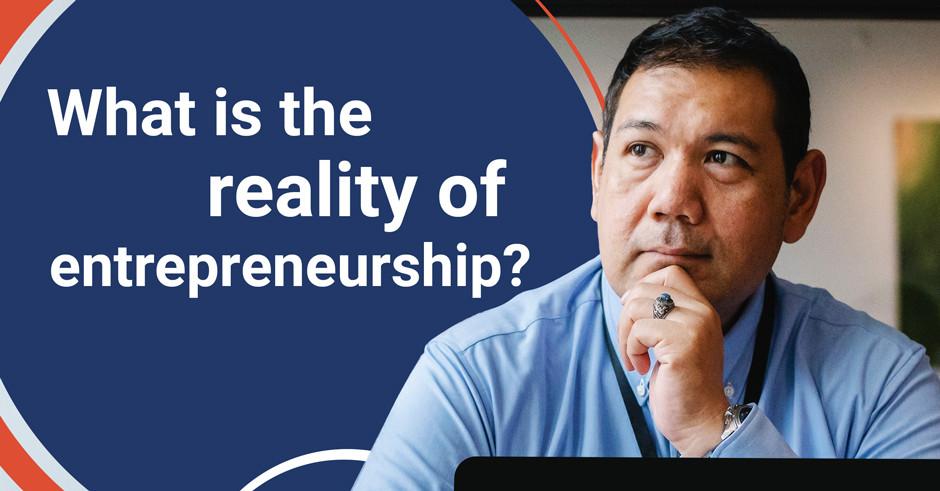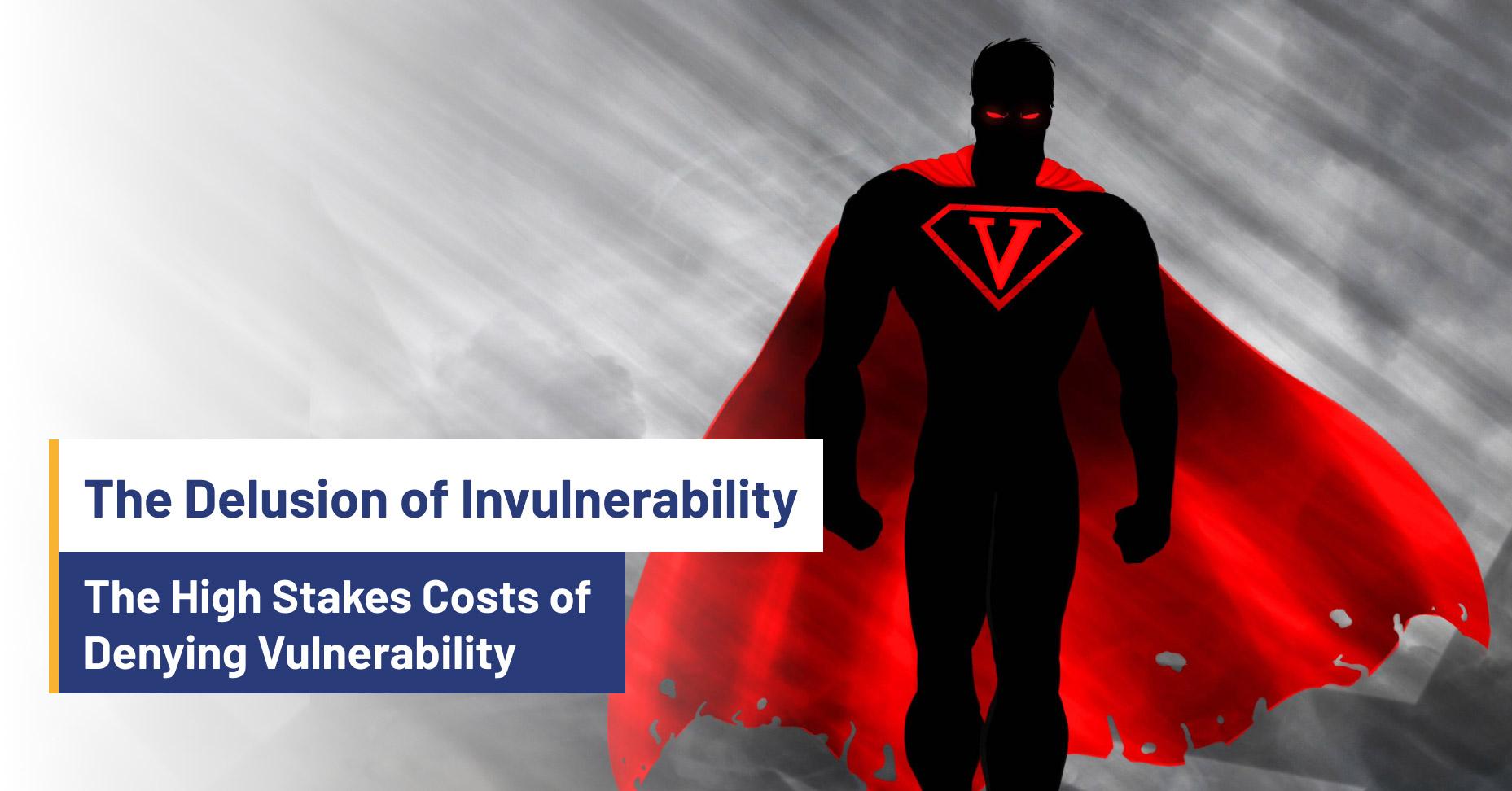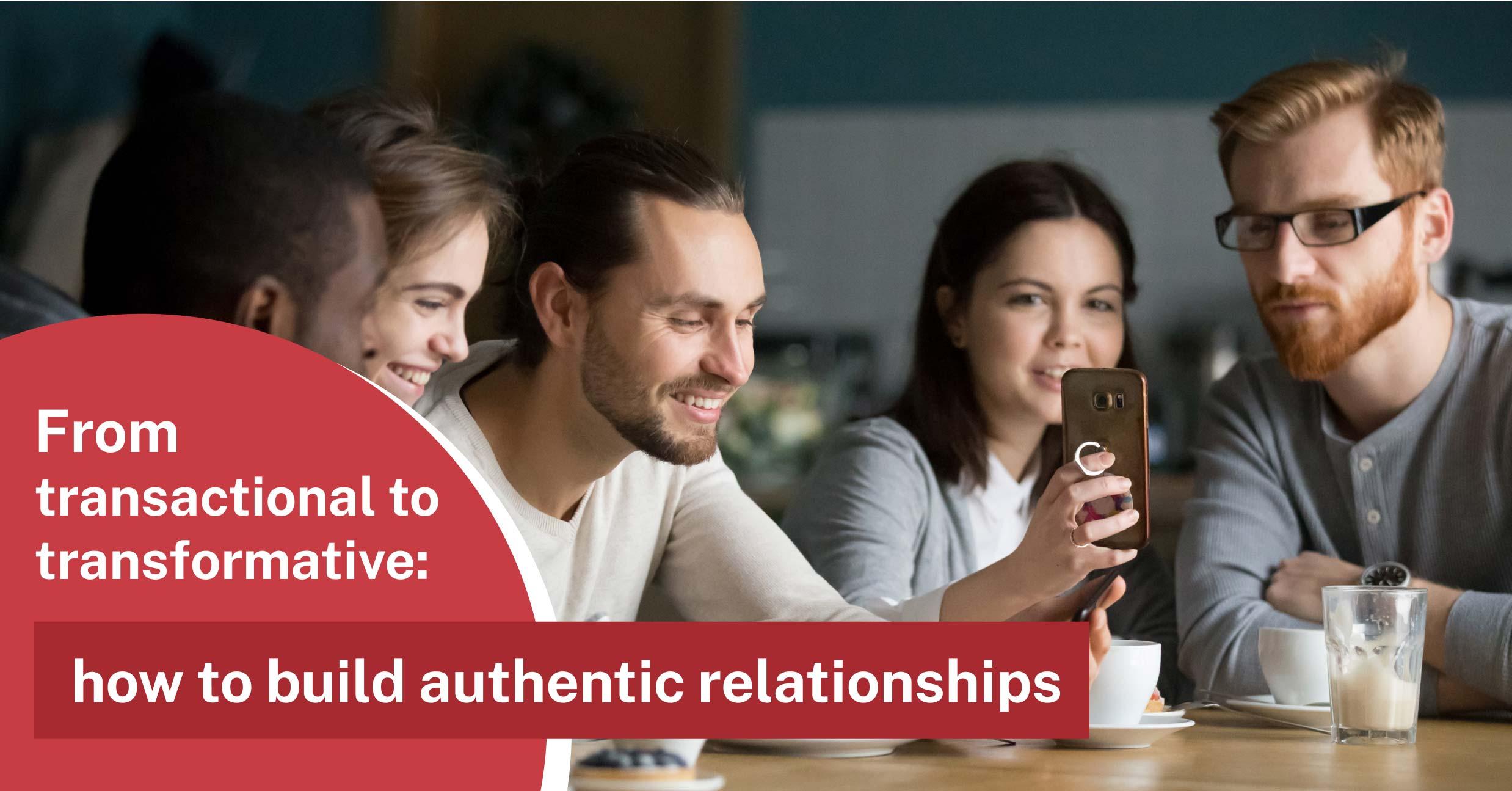A new economic era has dawned and the lure of entrepreneurship is alive and well, particularly amongst millennials. Many seem to have a perception of entrepreneurship as the best means to accumulate wealth, have no boss tell them what to do and escape the 9-5 rat race. However, there is a massive gap between how most inexperienced ‘entrepreneurs’ conceive business-building and what is actually required to create a sustainable, scalable startup, one that serves a genuine need in the market. For the most part, it would be fair to say that their conception of entrepreneurship is delusional. This is not necessarily their fault. With inadequate literature on the art and science of true entrepreneurship and conflicting definitions and views, the term has become severely bastardised. This has led to a collective distorted reality and high failure rates amongst start-up businesses, venture capitalists and investors, causing the whole startup ecosystem and economy to suffer.
In many countries, including Australia, it takes just a few minutes to register a legal entity called a business or company. This essentially grants permission for anyone to proclaim themselves an entrepreneur as if it’s a cloak or badge of honour they wear, perhaps to impress others. This article addresses three questions: what is entrepreneurship? Who is an entrepreneur? And what are the most important factors getting in the way of success for startup entrepreneurs: business-building techniques, a lack of capital, timing, skills and technology, or are there deeper issues at play?
The reality is, more than 90% of startups fail in their first three years.
Let’s start by considering some hard facts about startups and business investment. In Australia, for example, for every one billion dollars of R&D spent using taxpayers’ money, only two businesses succeed[1]. That number is considerably higher in the US, UK and Canada based on an equivalent R&D spend, although it’s still nowhere near close to acceptable. This leads to an enormous amount of wastage in the form of people’s time, effort and capital. The same applies to investors who are accustomed to more traditional methods of investment, such as property, stocks etc. More than 95% of venture capitalists are not profitable[2] and more than 75% of their investments go nowhere[3]. Many of them are tempted by the extremely high potential return on investment (ROI) some startups have on exit or when they go public. Or perhaps they want to diversify their portfolio so they don’t have all their eggs in the one basket, despite a lack of awareness about investing in startups or scalable businesses and how to mitigate the relatively high level of risk involved. The reality is, more than 90% of startups fail in their first three years[4]. In the midst of all this, some governments are trying to support the business ecosystem as, in principle, they know that successful businesses have the potential to transform the economy by generating jobs and creating a more competitive arena in which to serve more people. And yet, many of those governments also don’t have a congruent perception of the key factors required to create a successful business, due to poor literature and conflicting views, leading to confusion. So, unfortunately they are unwittingly contributing to the problems and wastage by providing grants to businesses that are not yet investment-ready or ready to scale for other reasons, for example.
Never before in the history of humankind have we had access to such an abundance of resources and tools to facilitate business-building and entrepreneurship. You need only observe the actions of well-known successful entrepreneurs like Elon Musk and Jeff Bezos to observe this. We have ready access to a significant portion of the world’s population – hence a global and potentially large market – via multiple channels. We can connect via the Internet and social media, we have high-quality video cameras on our smartphones, we have access to free video channels such as YouTube, there are robust and scalable servers such as AWS to host our software and digital resources, we have access to massive marketplaces to trade and play a role in e-Commerce via Amazon and eBay etc., and the list goes on. And yet despite having easy and instant access to such a large array of resources and tools, we are not as resourceful as we could be. This leads to a lack of workability, dysfunctionality and low effectiveness and productivity. As a result, the level of untapped human potential in the world is enormous. This is a massive liability to humanity. Why? Because many problems of humanity can be resolved via the vehicle of entrepreneurship. Businesses and organisations can be seen as platforms on which people find the opportunity to express part of their Unique Being (their true selves), participate in society and be of service. This gives individuals meaning and purpose, which delivers significant psychological benefits.
What is entrepreneurship?
Entrepreneurship has been a buzzword for almost two decades. It’s a word that has been so overloaded and bastardised, that it may have lost its original meaning. This is mainly due to the poor literature around it, both in the business world and academia. As mentioned earlier, many in government also don’t have a solid understanding of how entrepreneurship works or even what it means, largely because most have never built a business. So, despite a government’s benevolent and pragmatic intentions and their emphatic communication that their assistance supports the economy through job creation and reduced unemployment, how can we expect them to make informed decisions to assist entrepreneurs? Even dictionaries offer contradictory definitions. For example, the Oxford English Dictionary defines the word ‘entrepreneur’ as ‘a person who makes money by starting or running businesses, especially when this involves taking financial risks’, while the Cambridge Dictionary defines it as ‘someone who starts their own business, especially when this involves seeing a new opportunity’. For one, the word ‘risk’ is central, while for the other, it’s ‘opportunity’. Is it any wonder people are confused?
A nation’s success, once its safety is secured, hinges on three key factors: its economy, well-being and the welfare of its people. True entrepreneurs are the heroes and saviours of our societies because they genuinely care about all three.
Before we delve further into the meaning of entrepreneurship, let me draw your attention to human evolution. Our first and only goal was to survive. That’s all we thought about day in, day out. Then we began fighting each other over land and ideologies. We overthrew kingdoms and political parties and wrote new laws until we reached a point when we realised none of those ideologies and objectives was aligned with reality. Today, we have discovered a new meaning in life defined by wealth, job creation and economic development. No sensible, forward-thinking country focuses most of their energy on the number of missiles in their arsenal or the size of their territory anymore. A nation’s success, once its safety is secured, hinges on three key factors: its economy, well-being and the welfare of its people. True entrepreneurs are the heroes and saviours of our societies because they genuinely care about all three.
Jean-Baptiste Say, a French economist who first coined the word ‘entrepreneur’ in about 1800, said ‘the entrepreneur shifts economic resources out of an area of lower and into an area of higher productivity and greater yield’. While many regard entrepreneurs as the ones bearing the brunt of the risks and enjoying most of the rewards, there is far more to it, as articulated in Say’s distinction. True entrepreneurship is when the arrangement of economic resources, including people's work, shifts from the area of lower productivity and yield to the area of higher productivity and greater yield. So, unlike the definitions applied to the word ‘entrepreneur’ by two of the world’s most popular dictionaries, the true entrepreneur is less focused on accumulating money than they are on reforming and shaping the current shared reality by generating jobs and opportunities as well as creating products and services more efficiently and economically.
Furthermore, some people, including certain high-profile commentators, political activists and influencers, perceive that the successful entrepreneur who has achieved significant wealth through their businesses was not the one who dealt with the extraordinary level of risk, challenge, stress and hard work. For example, in an interview at a Martin Luther King Jr. rally event, American politician and activist Alexandria Ocasio-Cortez (aka AOC) told the interviewer, who was adopting the role of a hypothetical entrepreneur and billionaire for the interview, ‘You didn’t make those widgets, you sat on a couch while thousands of people were paid modern-day slave wages…No one ever makes a billion dollars; you take a billion dollars’. Not only are such statements offensive and undermining the value and contribution of entrepreneurs in the economy and people's lives, but they are also literally delusional. Like any successful entrepreneur, I have worked day and night countless times and have supported many people throughout the journey, just as I have been supported by others, particularly early in my career. The ‘couch I sat on’ in my office would often become my bed at night when I could no longer keep my eyes open. I would collapse in exhaustion on that couch after working hours on end without a break. All genuine entrepreneurs would relate to this. Everyone is entitled to their point of view, and perhaps Ms Ocasio-Cortez was legitimately unaware of/oblivious to the reality of what it takes to be an entrepreneur. However, if her words were intentional, they were misleading and deceitful, and I would invite her and others with similar views to be open, vulnerable and authentic enough to shape a more congruent conception of the reality of entrepreneurship. Unless our understanding of entrepreneurship is aligned with reality, the economy will suffer. Inauthenticity generates suffering.
A true entrepreneur is also deeply present to and compassionate around the existing burning pain and problems of others (let’s call them ‘the market’). An entrepreneur comes up with solutions that serve the market's needs and takes the risks to bring those solutions to fruition. It is their responsibility to arrange and lead a group of individuals, transforming them into a team of people who can work together synergistically towards a common mission to actualise their vision, which is to serve a portion of the population (their market), push the boundaries and challenge the status quo in order to transform and expand their shared reality. To make their target market aware of their unique offering, the entrepreneur shapes their branding and marketing around their authentic messages. In this context, selling is helping people in need. The following excerpt from my book BEING illustrates what can happen when care – one of 31 Aspects of Being in the Being Framework – is lacking.
Scarcity vs abundance mentality
Whether you operate from a scarcity mentality or an abundance mentality comes down to the paradigm through which you choose to see the world.
Traditionally, economics is perceived as the social science that examines how people choose to use limited or scarce resources in an attempt to satisfy their unlimited wants. While we used to be hunters and gatherers, relying solely on the resources available in nature, we quickly discovered the lack of safety and workability associated with this way of resource generation for our survival and development. So, we came up with a more sustainable way of developing, rather than just finding, resources through farming. Over the centuries, farming practices have been refined, most notably due to technological advancements in agriculture. This is how we developed solutions to make almost any food available year-round, regardless of the season.
Oil is another example. As oil is a limited resource and takes millions of years to produce, nations fight to control it. To adopt the viewpoint that limited resources like oil are our only source of energy is to live life with a scarcity mentality. The fact is, oil is not the only energy solution. There are other viable, more sustainable alternatives, like solar energy. Being aware of and willing to seek out options and alternatives is living life with an abundance mentality. While some so-called ‘world leaders’ wage wars over fossil fuel, true leaders and entrepreneurs are focused on generating ways to bring about sustainable energy, such as electric-powered vehicles. Whether you operate from a scarcity mentality or an abundance mentality comes down to the paradigm through which you choose to see the world. The entrepreneur’s abundance perspective is to produce value, sometimes out of thin air, generating jobs in the process and being of service to others. They have a healthy relationship with several Aspects of Being, including gratitude, higher purpose and resourcefulness. Being resourceful is the quality of being willing and capable of leveraging the maximum power of potential from whatever resources you already have, directly or indirectly, for example, through your network and relationships with others (tapping into their resources). When you are resourceful, you are aware of the possibilities available to you and free to tap into them. When Steve Jobs spoke at the D8 Conference in 2010, he explained how Apple chose the technologies to include in their products, highlighting their profound resourcefulness. Here is an excerpt of what he said during his address:
‘Apple is a company that doesn’t have the most resources of everybody in the world, and the way we’ve succeeded is by choosing what horses to ride really carefully – technically. We try to look for these technical vectors that have a future, and that are headed up, and, you know, different pieces of technology kind of go in cycles. They have their springs and summers, and autumns, and then they, you know, go to the graveyard of technology. And, so we try to pick the things that are in their springs. And, if you choose wisely, you can save yourself an enormous amount of work vs. trying to do everything. And you can really put energy into making those new emerging technologies be great on your platform, rather than just okay because you’re spreading yourself too thin. Sometimes you just have to pick the things that look like they’re going to be the right horses to ride going forward …’
So, being an entrepreneur is not just being a business owner. In other words, while all entrepreneurs are business owners, not all business owners are entrepreneurs who adopt an entrepreneurial paradigm. The true entrepreneur has the awareness, vision, discernment and freedom to see the pain points and problems of a group of people and produce solutions to address those needs in the form of products or services with responsibility, autonomy, commitment, courage, resourcefulness, resilience and various other qualities (Aspects of Being).
Who and how you are BEING is the key to successful business venture building
While many think capital (including seed funding), brilliant venture design techniques, strategies and technology are the key factors that make or break a business, our studies and empirical data at Engenesis have shown that the most important factors in business are its people. Specifically, the sustainable success of the business relies on who and how the people that make up the business are being, from the founders and leaders to every individual on their team/in their organisation. It's about how their ways of being, behaviours, actions, values, attitude, knowledge, experience, skills and the collective totality of their Beings contribute to the vision of the leader/entrepreneur. While many attempt or aim to build businesses, they fail because they dismiss or ignore the extraordinary power lying beneath the surface.
Many self-proclaimed entrepreneurs approach my organisation to support them to raise funds, often without knowing how much capital they need or how they plan to invest or spend it. They come in assuming that just because they have a ‘brilliant business concept’ they are entitled to an investor’s capital. In other words, many of them are being delusional. In reality, all you have at the outset of a startup business or the launch of a new product is YOU, as the founder and, the team around you.
We all have a series of characteristics and qualities we inherit from being homo sapiens. I call them Aspects of Being, which include qualities like responsibility, authenticity, commitment, freedom, courage, assertiveness, resourcefulness, resilience, proactivity, and many more. How you relate to each of these qualities impacts the decisions you make and the actions you take. As a result, they define the extent to which you will hit the targets you set for yourself or your organisation and how fulfilled and accomplished you will be in life. Ultimately, the expression of these qualities alongside your innate talents and gifts (the real YOU) define your unique contribution to the world. So, whether you are a career-oriented person, an organisational leader or an entrepreneur, your unique contribution to the world will be made via the vehicle of entrepreneurship.
Selling is helping and marketing is spreading your message and demonstrating your availability and willingness to serve people in need.
Let’s examine a few examples of Aspects of Being with which true entrepreneurs have a healthy relationship.
Awareness: A healthy relationship with awareness as an Aspect of Being indicates that you have a clear understanding of your impact on others and the world around you. It’s about having a clear vision, the ability to see through the surface to identify a genuine need. Why is this important? Because, as mentioned earlier, at the heart of any successful business venture lies a deep burning pain of human beings.
Freedom: A healthy relationship with freedom indicates that you powerfully choose and embrace the circumstances that show up in your life rather than resist them, to see the possibilities and opportunities to which many others are blind. While others complain about a problem, the entrepreneur waits for the moment when there is a lot of noise, validating a real burning pain. Then they would use their freedom, autonomy and empowerment to produce a solution, together with their team, in the form of an offering that surpasses all existing solutions – assuming there are any – in the market. Their offering should demonstrate so much value that the people in need would choose the entrepreneur’s solution.
Authenticity: Authenticity is being consistent with who you say you are for others and who you say you are for yourself. The true entrepreneur is authentic in that their service is congruent with the reality of a genuine need in the market. They validate both the pain and the solutions before packaging it as an offering for the market. If the market values the offering, they will be willing to exchange their money for it.
Many other factors and qualities come into play, however, I am sure you get my point, namely that selling is helping and marketing is spreading your message and demonstrating your availability and willingness to serve people in need. That’s how true entrepreneurs generate revenue. The larger the group of people that resonate with the pain narrated through the entrepreneur’s carefully crafted messages and brand, the more people they will serve through their unique solution. And the larger the market, the greater the potential for the business to grow.
Just as no soldier has ever won a war on their own, effective entrepreneurship is never a solo effort. It demands partnership and contribution from others. However, this isn’t just about growing your team for the sake of numbers. Your success is equally reliant on the Being of every member of the team you build as it is on your own Being. Let’s say you are an entrepreneur in the early stages of designing and developing an offering that solves the burning pain of your target market and there are four people on your team. If we assign a value score of 50 to each person – on the assumption that they all have equally relevant and valuable skill levels, competencies and healthy relationships with their Aspects of Being – that equates to a total value score of 200. But entrepreneurship is not pure mathematics. Without the effective exercise of leadership, 4 x 50 may equate to 0, resulting in a complete waste of time, effort and output. With the effective exercise of leadership, on the other hand, 4 x 50 can generate a synergistic value of 1000, 5000, or even millions. So it's not just the value of each person individually that you need to consider as an entrepreneur. You need to consider the collective Being of the team as that has the potential to generate much greater synergistic value. Furthermore, this surplus value – the synergistic energy and outcome generated by the team – leads to the exponential growth of those resources and talents. If your team members operated in silos, this would not have been the outcome. That’s how surplus value leads to increased profits. How those profits should ultimately be distributed has been discussed and debated for centuries! That’s a subject for another article.
Conclusion
Who and how you are being defines your contribution in the business context through entrepreneurship. That is how you leave your mark, just as well-known entrepreneurs like Steve Jobs have done. If you have the right financial structure in place, the by-product of your compassionate service to others (the market) and job generation could potentially be wealth and financial prosperity for all involved. This could become your unique contribution to humanity, with business as the vehicle for your self-expression.
Who and how you are being as the founder – and later, who and how the other members of your organisation are being – will determine whether your business venture makes it or breaks down. The main resources you need are your Being and the Being of others on your team. Being is the line between salvation and failure; it’s the principal factor that will either cause you to flourish or prevent you from achieving your objectives.
Throughout history, all the great entrepreneurs channelled the same Aspects of Being. They all had a dream of making the world a better place, a vision to make life easier and more comfortable for others. They kept developing and growing, even after they had accumulated great financial wealth. They had the courage to overcome the complications and risks placed before them by the system. They chose the freedom to follow their passion and calling, not what society thought they should do. By understanding the deep aspects of an entrepreneur’s Being, you too will be able to turn every idea into a successful business.
References for Statistics
[1] Koutsogeorgopoulou, V., & Park, T. (2017). Boosting R&D outcomes in Australia. OECD Economics Department Working Papers. https://doi.org/10.1787/
[2] Dean, T. (2017, June 2). The meeting that showed me the truth about VCs. TechCrunch. https://techcrunch.com/2017/
[3] McDermott, J. (2012, September 20). Report: 75% of Venture-backed Start-ups Fail. Inc.com. https://www.inc.com/john-
[4] Marmer, M., Herrmann, B. L., Dogrultan, E., & Berman, R. (2012). Startup Genome Report: A new framework for understanding why startups succeed. Startup Genome.













